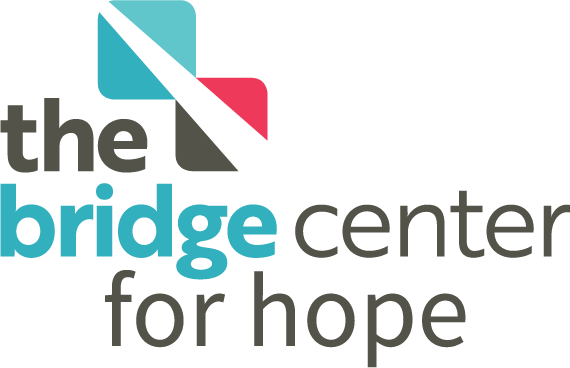About Mental Health
What to Do If You’re Experiencing a Mental Health Crisis
We all know what to do if we’re facing a medical health crisis or other emergencies—dial 911, the newly implemented 988 or go straight to the ER to seek treatment.
But what should you do if you’re having a mental health crisis?
Almost 5 million people visit the emergency room each year due to a mental health condition. And over 55 million people visited doctors’ offices for mental disorders in 2018.
Many times when people are facing a mental health crisis, though, they’re simply unaware that rather than waiting in an overcrowded emergency room for hours on end, there are crisis stabilization facilities, like the Bridge Center for Hope, where they can receive immediate care specifically designed to help individuals experiencing a mental health crisis.
Here’s what to do if you’re experiencing a crisis with your mental health.

Try to take a step back and look at the nature of your crisis. Any time a person is in immediate danger, that’s an emergency that should be taken seriously.
But other situations that warrant immediate care include significant impairments to functioning, such as delusions, paranoia or fear, sudden changes to behavior, or confusion or problems thinking or concentrating.
Other warning signs that may indicate you are experiencing a crisis can include:
Thinking about suicide
Inability to carry out daily activities or handle daily problems and stress
Feeling excessively sad or low
Confused thinking or problems concentrating and learning
Extreme mood changes, including uncontrollable “highs” or feelings of euphoria
Excessive worrying or fear
Prolonged or strong feelings of irritability or anger
Avoiding friends and social activities
Difficulty perceiving reality (delusions or hallucinations, in which you experience and sense things that don't exist in objective reality)
Overuse of substances like alcohol or drugs
The emergency room is often not the best place to go in a mental health crisis since the wait times can be long and the psychiatric care can be insufficient. A crisis-receiving facility provides crisis stabilization services to people in need of urgent care for mental health issues or a substance use disorder or both.
Similar to an emergency room, a facility-based, walk-in crisis center like the Bridge Center provides short-term, behavioral health crisis intervention, offering a community-based, voluntary, home-like environment as an alternative to more restrictive settings. In addition, crisis stabilization services provide an alternative to costly, overcrowded emergency rooms.
Guests admitted to a crisis-receiving facility are assessed by nurses, licensed mental health professionals, psychiatric nurse practitioners, or psychiatrists to determine if the individual meets one of the three criteria: a danger to self, others, or gravely ill. If one of the three criteria applies, the treating physician issues a physician emergency certificate, and the guest remains involuntarily committed.
Dealing with a mental health crisis is extremely stressful for both you and your loved ones. While it’s important to seek immediate help when you’re experiencing a mental health crisis, it’s also important that your loved ones affected by a crisis take care of themselves so they can help support you in your recovery.
This might be by connecting with family members or friends who have gone through similar situations or reaching out to an organization like the National Alliance on Mental Illness, which has chapters in every state.
It’s important to know that mental health crises are common, and you are not alone.



